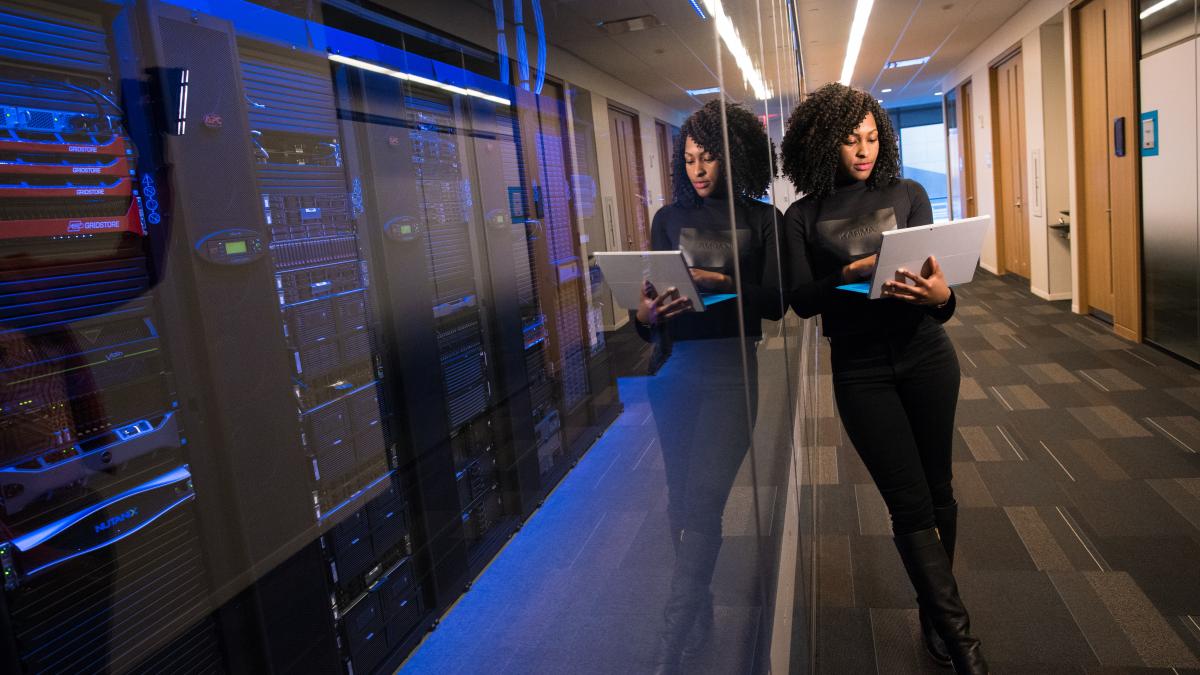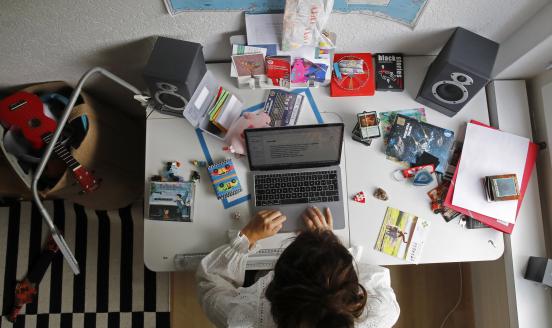A gender perspective on artificial intelligence and jobs: The vicious cycle of digital inequality
How do gender stereotypes and gendered work segregation, and digitalisation and automation, result in a vicious cycle of digital gender inequality?

The worldwide artificial intelligence market is expected to increase enormously in the next few years. Because of AI’s immense potential, virtually all industries will be affected by the implementation of AI systems, resulting in the digitalisation and automation of work processes. This will cause disruptive shifts in labour markets, in terms of the number and profiles of jobs in industries as well as worker skill requirements.
We take a gender perspective and analyse how gender stereotypes and gendered work segregation on the one hand, and digitalisation and automation (as a consequence of AI implementation) on the other hand, are entangled and result in a vicious cycle of digital gender inequality. We provide insights into the gender-specific impact of AI technologies, which is relevant for the mitigation of the potential risk of the creation of social inequality and exclusion. We show that existing empirical evidence already indicates that AI will not increase gender equality but will somewhat further exacerbate the gender inequality in labour markets, ranging from further horizontal and vertical occupational gender segregation to an increase in the gender pay gap. We summarise policy guidance and measures to decrease gender inequality in the future.



